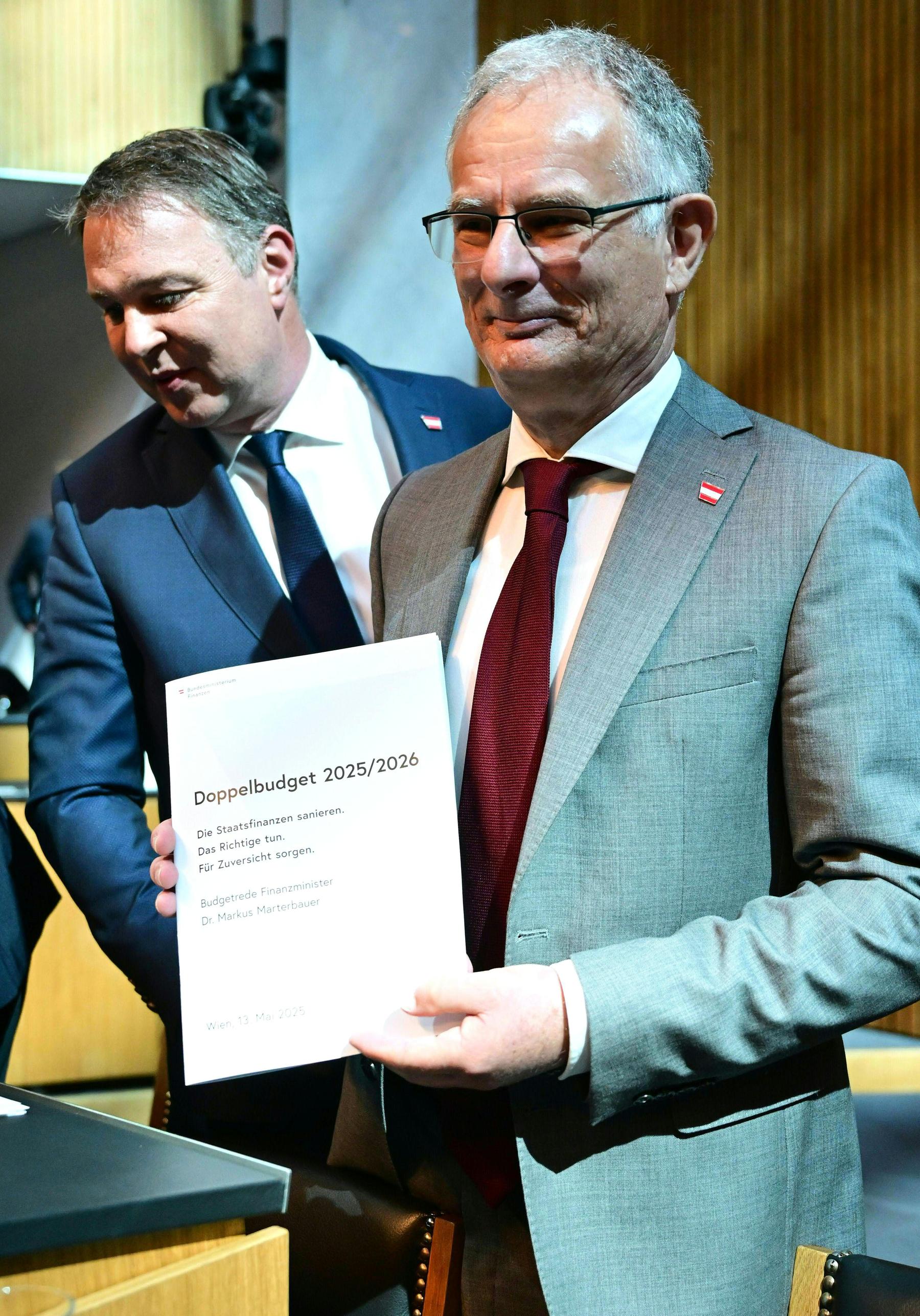Like Thomas Mann with the term democracy rank – diepresse.com

« To defend democracy » is a new anthology of political essays Thomas Manns. Today, Tuesday, Klaus Maria Brandauer reads from it in the Burgtheater. How current can you be? Is democracy as endangered as then? A review as a preview.
« A German can be a nationalist, but basically remains apolitical. Democracy is Undeutsch because today it is synonymous with politics. » Yes, this at least that is at least offensive is from Thomas Mann, from his « considerations of an apolitical », written between 1915 and 1918. Will Klaus Maria Brandauer read him in the Burgtheater on Tuesday? Probably not, because the evening is entitled « To defend democracy » after a year of the 150th birthday and the 70th day of death Thomas Mann, published by Fischer.
Should you read sentences like this? Should one remember that the man who, 20 years later in the US exile-with self-irony, at the same time rightly-described himself as « a kind of hiking speaker of democracy » was no longer a confessing democrat at the no longer very young age of 40? Yes. If only because it conflicts the Manichaean worldview that a person is almost constitutionally either a democrat or not, and for life.
First, Thomas Mann is a good example of becoming a clear democrat from the murmur of non-democrats. Secondly, his actually lifelong application provides the topic that it is never finally clear what is democracy. And with which adjectives they can be connected. Today many summon the « liberal democracy »; For Thomas Mann, at least in the Weimar Republic, the « Social Democracy » was the ideal that he countered the « bourgeois capitalist republic ». This seems to « no longer grant the story of a very long -term loan, » he said in a speech in 1932 in Vienna, in the Ottakring workers’ home. That was not a situation -elastic pandering. Also in a “German speech” in 1930 in the Berlin Beethoven Hall, Thomas Mann, who saw and felt as a citizen throughout his life, explained “that the political place of German bourgeoisie is now alongside social democracy”.
Warning of fascism
Anyone who wants to derive from this that Thomas Mann wanted to « ask the system question » in the sense of today’s left-wing politician Heidi Reichinnek and « Capitalism » is wrong: « In reality, there is no stricter and deeper political-party contrast than that between German social democracy and the orthodox Marxism Moskowic-Communistian imprint, » he said in the same speech. Its main point of view was, of course, the emerging National Socialism, « this movement with the giant wave of eccentric barbarism and primitive-mass-democratic raw materials ».
He warned of her with great seriousness – above all, he warned the bourgeoisie « of the cruel disappointment that expects it to be subject to this fraudulent propaganda ». Because it is « a complete error » « that it is the function and intention of fascism, especially for example of German National Socialism, to preserve private ownership and individualistic economic form ». Fascism means dictatorship of the state over the economy: « This may make the bourgeoisie of the world clear before it opts for fascism for panic before socialism. »
This is a major difference to the current situation: « Panic before socialism » is no longer an motive for a fascist system, over 30 years after the fall of « real socialism », no longer a motive for « the bourgeoisie of the world » – if it makes sense to speak of such an entity. This term, who gave Thomas Mann these lectures, described a very clear and acute danger, has lost its sharpness today, also because it is used too indiscriminately.
Democracy, however, defined Thomas Mann in a dialectical manner. In a speech at the Pen Congress in Stockholm in 1939, he initially called her « nothing more than the form of rule of the bourgeoisie », whose « mercantiles and industrial world empire », « revolutionarily enforced against the old powers of inequality », became a « realm of freedom ». This contrasts Thomas Mann equality: « The contrast of democracy and socialism is that of freedom and equality, » he formulates, which may sound like an anticipation of the slogan « freedom instead of socialism » (CDU 1976). But man advocated a quasi Hegelian cancellation of this contradiction, in Christianity, which « curb and binds » both values.
For democracy, in the spirit of Goethe
In the past, he had considered a synthesis, but less about Christianity than the third concept of the French Revolution: fraternity. « Human democracy » – again a new adjective! – Be “brotherhood and not freedom, and ‘equality”, he wrote, only “the politician” did not know. The derogatory mention of politics reveals where the quote comes from: from the « considerations of an apolitical ». Already in this crude, apparently anti -democratic early work there is a germ of sympathy for the form of government, the vehement defenders he should become.
Also because it was ultimately more than a form of government: in « Goethe and Democracy » he even discovers a emotional democrat in his predecessor, which he measured all his life. What seems anti -democratic in Goethe’s personality only belongs to the part of the Mephistopheles, he writes, quoted from the ODE « The Divine » (with the famous claim: « No one is man, helpful and good! ») And asks: « are I wrong to see the highest expression of all democracy in these verses? »
It’s great that the Burgtheater reminds us of such thoughts with the reading Klaus Maria Brandauers.








